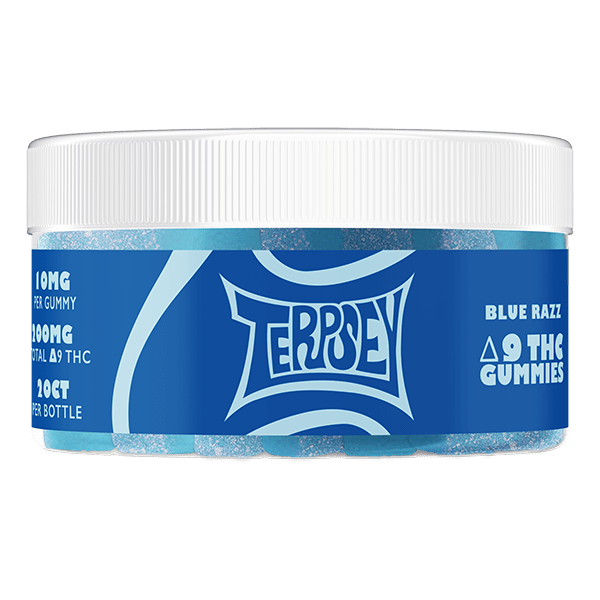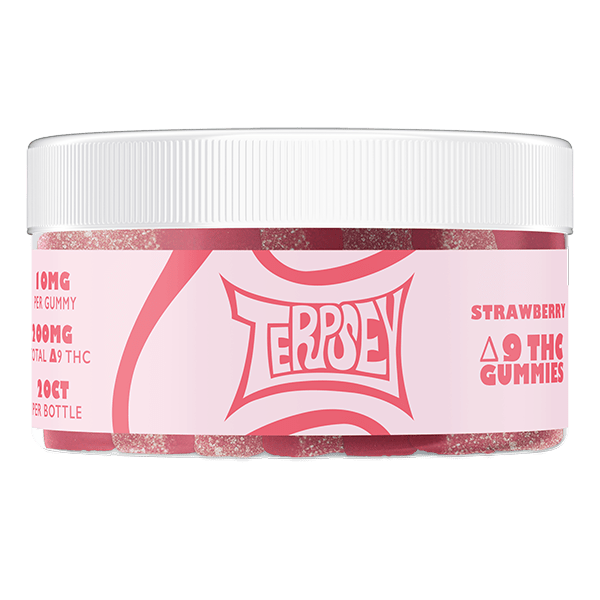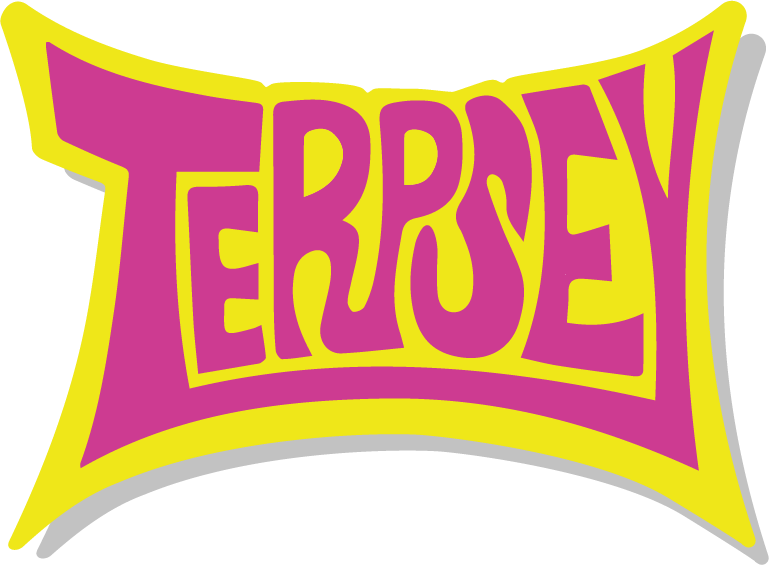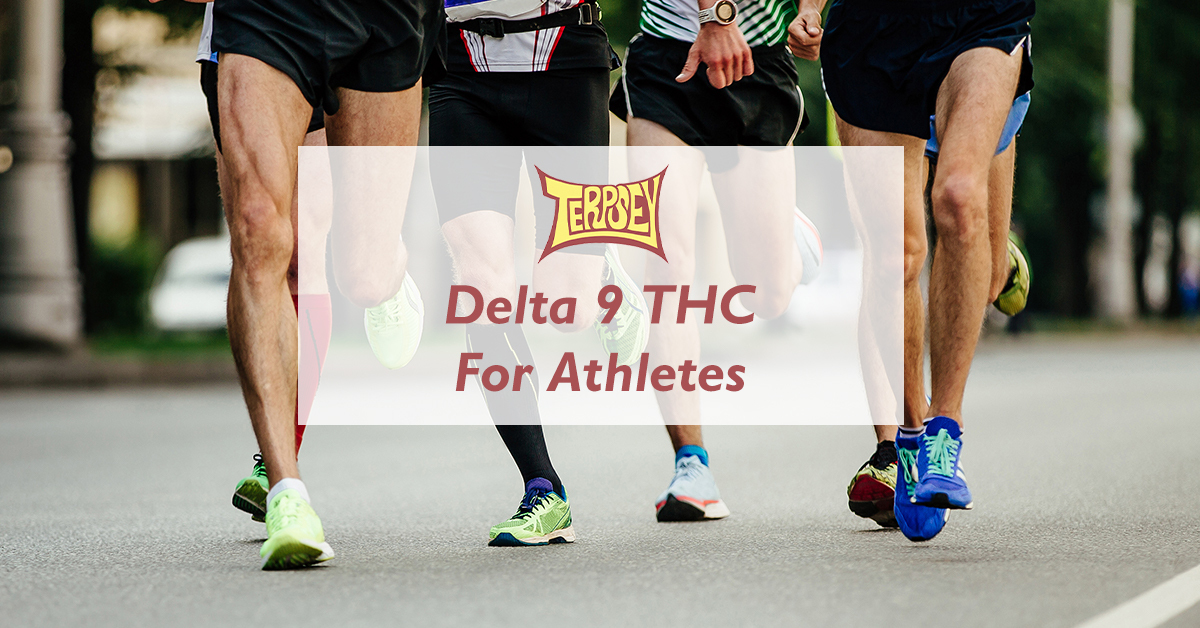Besides being THC: psychoactive, it is a well-known natural remedy. Have you heard of the application of THC for athletes? Yes, Delta 9 THC is used for several common ailments. Better known as THC, it is one of the hundred chemical compounds (called cannabinoids) in the Cannabis Sativa plant. It is the principal psychoactive constituent, implying that it causes the sensation of getting high. Considering the safety of users, federal agencies have set limits for infusing THC into a specific product.
According to the 2018 farm bill testimony, hemp derivatives with THC up to 0.3 percent THC (on a dry weight basis) are safe. Using Low THC for athletes will offer therapeutic benefits with a tolerable euphoric high. Though it suits the needs of every person, its effects vary depending on individual tolerance, weight, and dosage.
THC for athletes is famous among fitness fanatics as a significant part of their workout regimen. Even professional athletes use it to enhance their performance and recovery. Let us discuss crucial aspects of this cannabinoid and know why athletes use it.

All-Natural Properties Of Delta-9 THC
THC is a naturally forming lipid in cannabis, assumed to prevent the plant against insect predation, UV rays, and weather change. According to the compound summary of this ingredient, it is a highly potent substance. As well, THC for athletes is highly impactful, but we must not overlook its influencing properties. Some of the most prominent medicinal properties of THC are:
- Analgesic
- Anti-inflammatory
- Anticonvulsant
- Antidiarrheal
- Antiglaucoma
- Antihypertensive
- Antitumour
- Sedative
- Neuroprotective
- Muscle relaxant
- Antiemetic and anti-nauseant
- Appetite stimulant
THC is not a new phenomenon as it derives from cannabis plants used by ancient cultures thousands of years ago. It is one of the oldest hallucinogenic drugs known for recreational and medicinal reasons. More recently, it’s highly sought-after for its medical utility. The FDA approved nabilone and dronabinol (synthetic THC) for chemotherapy-related nausea and vomiting. Dronabinol is also an FDA-approved drug for appetite stimulation in HIV/AIDS anorexia.
THC Mechanism Of Action
The human body has an extensive network of receptors, lipids, and enzymes called the endocannabinoid system (ECS). This biological system is responsible for creating and maintaining homeostasis.
Research shows that phytocannabinoids like THC work in tandem with the ECS to boost systemic functions. THC can address ECS deficiency caused due to high-intensity exercises or athletic activities. As an exogenous cannabinoid, THC mimics endogenous compounds because of its similar chemical composition. It replicates the part played by natural endocannabinoids to alleviate disruptions.
THC exerts numerous health effects by binding to cannabinoid receptors- CB1 and CB2. These receptors have distinct expression profiles; CB1 is predominant in the central nervous system, while CB2 is widespread in the peripheral nervous system, immune cells, and organs. THC can modulate receptor activities, prevent the breakdown of endocannabinoids, and inhibit excess enzymes. This way, it helps regulate various bodily functions, including immunity, memory, pain, inflammation, sleep, stress, temperature, mood, fertility, and appetite. Though anecdotal evidence and some studies illustrate the therapeutic benefits of THC, more research on its efficacy is necessary.
Why Do Athletes Prefer Using THC Products?
The therapeutic effects of THC are appealing to fitness enthusiasts and sports professionals. It tends to improve various facets of general health and well-being. Even if you get hurt playing sports, THC products are worth an addition to your routine. THC and ECS work together to reduce inflammation, stiffness, and pain. So, you can expect quick healing and recovery with this cannabinoid. Let us discuss its potential health benefits in detail.
Better Sleep Quality
Getting a sound sleep each night is necessary for a speedy recovery. The body not only rests while sleeping but also recharges, heals, regulates hormones, and burns fat. THC content up to 0.3% promotes healthy sleep cycles without making you feel drowsy. According to a 2019 study, using cannabis led to subjective sleep improvements. Phytocannabinoids could also help reduce the onset latency of sleep.
Anti-Inflammatory Effects
THC is a therapeutic compound that can reduce pre- and post-exercise inflammation. The anti-inflammatory properties work for recuperating faster, improving training, and minimizing delayed muscle soreness. A 2018 study examines several cannabis delivery strategies for pain and inflammatory management. The researchers recommend applying anti-inflammatory medicine topically to relieve localized pain. Transdermal delivery allows for more consistent medication infusion and higher absorption than oral consumption.
Lowers Nausea Sensation
Blood flow changes brought on by vigorous exercise can affect your normal gastrointestinal functions. As a result, you have a higher chance of developing digestive problems, including nausea and stomach cramps. Dehydration, anxiety, and overeating are a few other factors that can cause nausea. The antiemetic properties of THC prevent nauseous feelings both during and after exercise. Research shows that the chemical interacts with ECS to produce its antiemetic effects.
Eases Muscular Spasms
Competitive and recreational athletes often endure exercise-related muscle cramps (EAMC). Muscle atrophy, nerve injury, dehydration, or an electrolyte imbalance could all contribute to this condition. But ingesting THC gummies or pills can help you to overcome the crippling symptom. In the central nervous system, cannabinoids bind to the CB1 receptor site. The research found that the cannabis compounds slow down the chemical signals causing the spasms. Consequently, muscles contract less and relax more.
Pain Relief
Athlete training boosts endurance and performance, but persistent wear and tear can cause injuries. Although over-the-counter pain medicines are available, you may have to bear the side effects of those medications. Instead, THC products such as pain-relieving topicals, sublingual drops, and gummies are preferable. THC acts as an analgesic that can reduce pain during and after exercise. It will help manage body aches, painful joints, and muscle injuries. A 2021 study demonstrates the potential of the active, potent compound in sports performance.

Anti-Anxiety Properties
Some athletes worry about their potential to thrive in sports. As a result, they may have typical symptoms such as hypertension, lethargy, achiness, nervousness, shortness of breath, shakiness, restlessness, and nausea. Anxiety-related emotional and physical problems impair sports performance. In some cases, negative thoughts take over, and patients may decide to leave the sport or refuse to compete. However, THC can help you deal with performance anxiety. A study found that THC has anti-anxiety and antidepressant qualities. It helps increase concentration power and eliminate distractions like tension, allowing you to perform at your best.
Conclusion
Athletes are increasingly adopting THC for their specific needs these days. During sports, they may undergo physical and emotional stress that could cause ECS deficiency. But with THC, your body can swiftly regain its equilibrium. It stimulates ECS activity by interacting with cannabinoid receptors. Eventually, THC helps deal with pain, inflammation, insomnia, anxiety, immunity, focus, negativity, and hunger.
THC allows a sports person to work harder during workouts and recuperate faster after attaining their individual goals. However, studies on THC for athletes are still in their early phases. So, it is best to consult your doctor before you integrate THC into your regimen. Always start with a low dose and observe how your body reacts before increasing the amount. The chemical can resolve almost all athletic-related problems, such as muscle soreness and body aches.
Why Delta 9 is the Best Type of THC?

